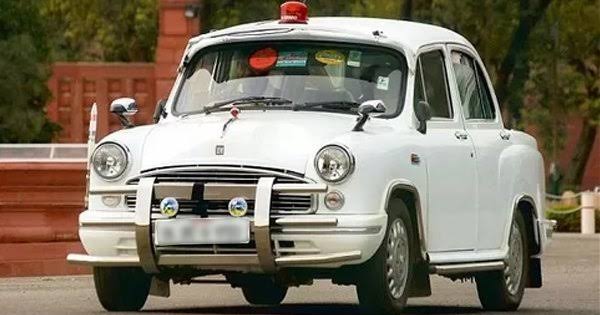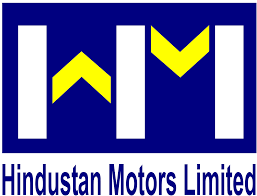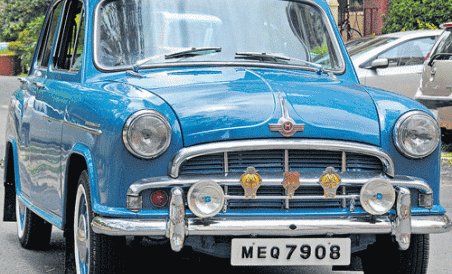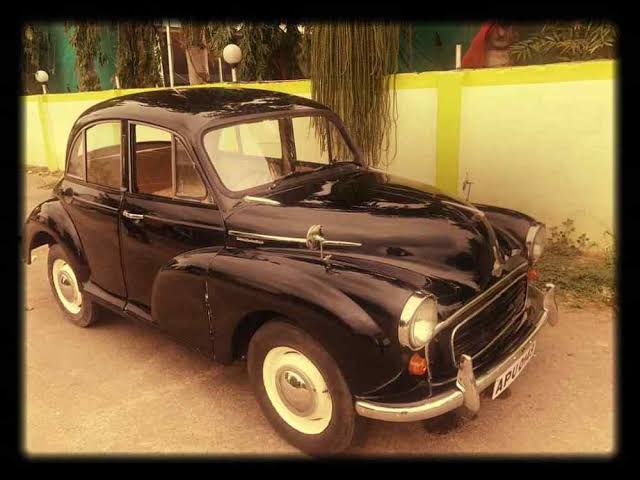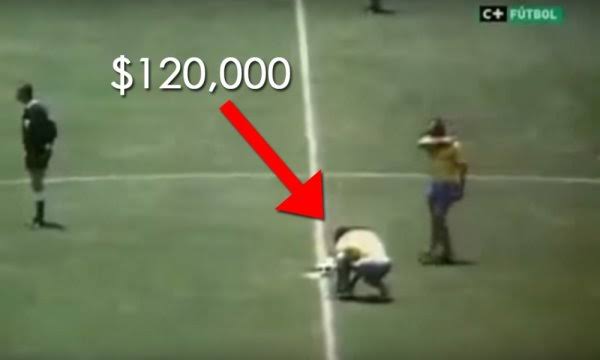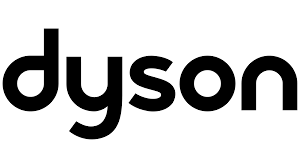
When a small company bought 100 million soap pumps to protect its market share from Colgate Palmolive and P&G
And delayed their entry in the market for 2 years
1/
And delayed their entry in the market for 2 years
1/
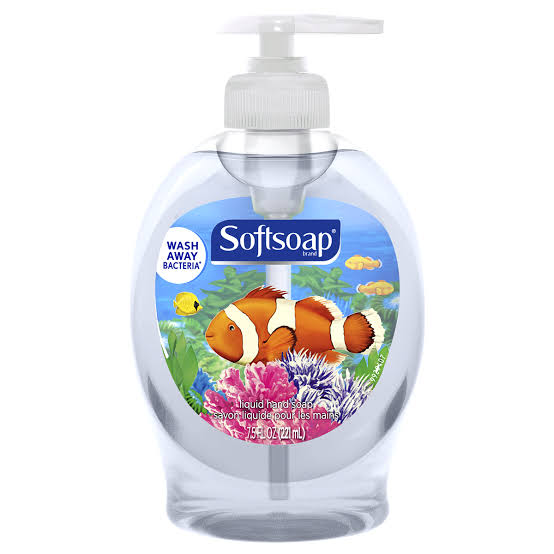
1979 - Robert Taylor owned a small regional company, Minnetonka producing soap. It was one of the first companies to launch liquid hand soap in the US under the brand Softsoap
2/
2/
When Softsoap was launched at a small scale, consumers liked the product. Robert decided to push the product nationally spending 6 million $ on advertising campaigns
3/
3/
1980 - In no time, it became very popular across the country capturing close to 75% of the liquid soap market share. Yardley, another small player had around 24% share.
Softsoap clocked sales close to 60 million $ in 1980
4/
Softsoap clocked sales close to 60 million $ in 1980
4/
The big soap players: P&G and Colgate Palmolive took notice of this new growing market
Given their superior resources, they could easily produce/market/distribute the liquid soap much better and stop Softsoap from growing
5/
Given their superior resources, they could easily produce/market/distribute the liquid soap much better and stop Softsoap from growing
5/
To stop this from happening, Robert did something crazy. To sell liquid soap, brands would need small pumps which fit in the bottle. There were 3-4 manufactures of these pumps in the country at that point
6/
6/
Robert spent 12 million $ (more than the entire company's worth) to give order 100 million small pumps which was all that these pump manufacture could produce for next 2 years
7/
7/
This stopped P&G and Colgate Palmolive in their tracks. With no pumps available for next 2 years, they could not sell liquid soap anytime soon.
Softsoap on the other hand continued to capture this growing market with no new competition
8/
Softsoap on the other hand continued to capture this growing market with no new competition
8/
Finally after 2 years, Softsoap was acquired by Colgate Palmolive for 61 million $
9/9
9/9
• • •
Missing some Tweet in this thread? You can try to
force a refresh

